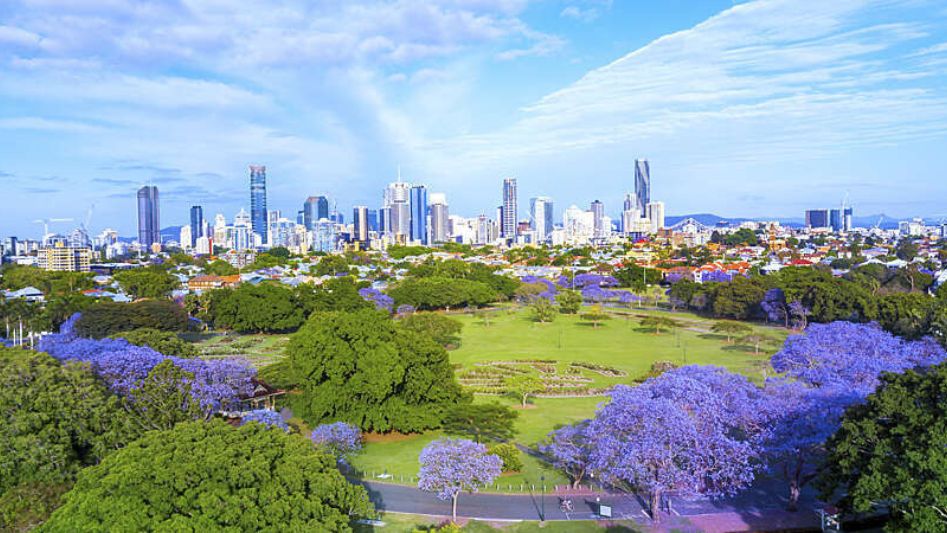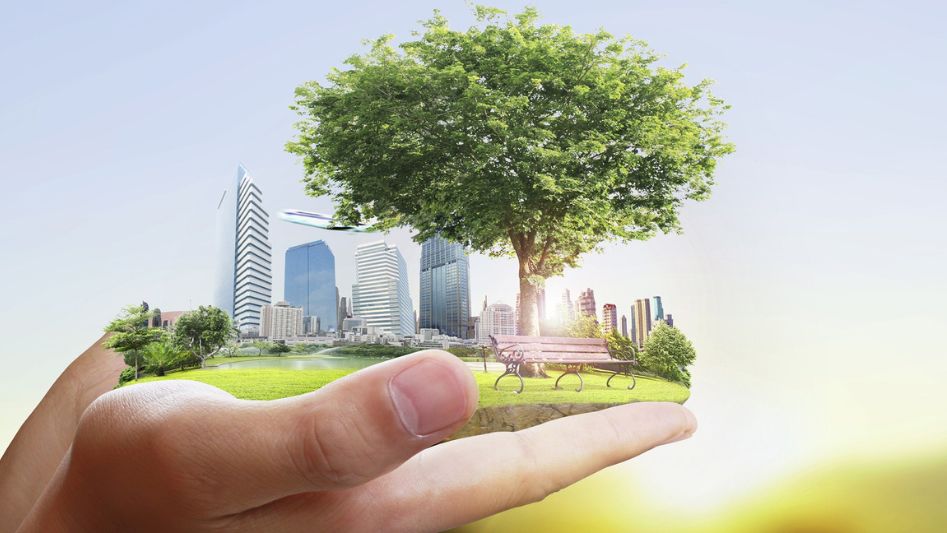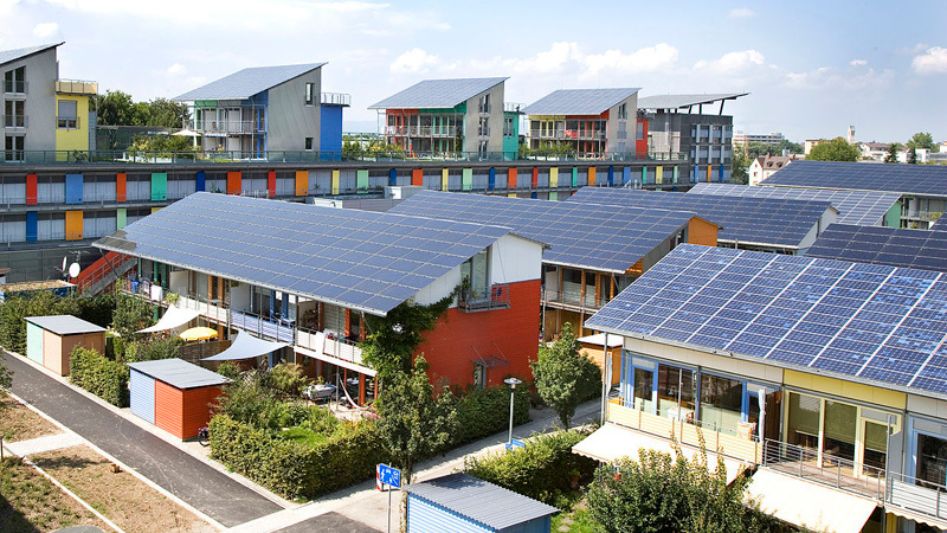Green energy, also known as renewable energy, is energy that is derived from natural sources that are replenished over time, such as solar, wind, hydro, and geothermal power. The use of green energy can help reduce carbon emissions and mitigate the impacts of climate change. Building sustainable communities with green energy is an essential step towards a more sustainable future. In this article, we explore how green energy can help build sustainable communities.
Table of Contents

Green Energy and Energy Efficiency
One of the most effective ways to build sustainable communities is through energy efficiency. The use of green energy can help reduce energy consumption and lower energy costs. Energy-efficient buildings and appliances can help reduce the amount of energy needed to power homes and businesses. The combination of energy efficiency and green energy can create sustainable communities that are more energy-independent and have a lower carbon footprint.
Community Solar
Community solar is a growing trend in green energy that allows communities to collectively invest in a solar energy project. Community solar projects can be installed on rooftops, parking lots, or fields and can provide energy to multiple homes and businesses in the community. This approach to green energy can help reduce the cost of installing solar panels and increase access to renewable energy for everyone in the community.
Green Building Practices
Green building practices are a crucial element of sustainable communities. Buildings that are designed and constructed with sustainable materials and energy-efficient systems can significantly reduce energy consumption and lower the carbon footprint of a community. Green building practices can include passive solar design, insulation, efficient HVAC systems, and renewable energy systems such as solar panels or geothermal heat pumps.

Transportation
Transportation is a significant source of carbon emissions and can have a significant impact on the sustainability of a community. The use of electric vehicles and public transportation systems powered by renewable energy can help reduce carbon emissions and improve air quality. Additionally, the development of bike lanes and pedestrian walkways can encourage sustainable transportation methods that promote a healthier lifestyle and reduce reliance on fossil fuels.
Local Food Production
Local food production can also play a role in building sustainable communities. The use of sustainable agricultural practices and the promotion of local food systems can reduce the carbon footprint of food production and transportation. Community gardens and urban farming initiatives can provide fresh, locally grown produce, reduce food waste, and promote community engagement.

Conclusion
Building sustainable communities with green energy is an essential step towards a more sustainable future. By promoting energy efficiency, community solar, green building practices, sustainable transportation, and local food production, communities can significantly reduce their carbon footprint and become more self-sufficient. The use of green energy can provide numerous benefits, including environmental, economic, and energy independence benefits, and investing in green energy can help build a more sustainable and prosperous future for all.
FAQ
What is green energy?
Green energy, also known as renewable energy, is energy that is derived from natural sources that are replenished over time, such as solar, wind, hydro, and geothermal power.
Why is green energy important for building sustainable communities?
Green energy is important for building sustainable communities because it can help reduce carbon emissions and mitigate the impacts of climate change. It can also promote energy independence, lower energy costs, and stimulate economic growth.
What are some examples of green energy technologies?
Some examples of green energy technologies include solar panels, wind turbines, hydroelectric power, geothermal power, and biomass.
How can individuals promote green energy and sustainability in their communities?
Individuals can promote green energy and sustainability in their communities by advocating for green energy policies, using energy-efficient appliances and vehicles, supporting local food systems, and participating in community sustainability initiatives.
You May Also Like
- THE ROLE OF ESG IN BUILDING A SUSTAINABLE FUTURE
- HOW GREEN ENERGY CAN HELP ACHIEVE SUSTAINABLE DEVELOPMENT GOALS
- HOW GEOTHERMAL ENERGY CAN REVOLUTIONIZE SUSTAINABLE POWER GENERATION
- THE PROMISE OF ALGAE-BASED BIOFUELS FOR SUSTAINABLE ENERGY GENERATION
- GREEN AMMONIA VS GREEN HYDROGEN: WHICH IS THE BETTER SUSTAINABLE ENERGY SOLUTION?
